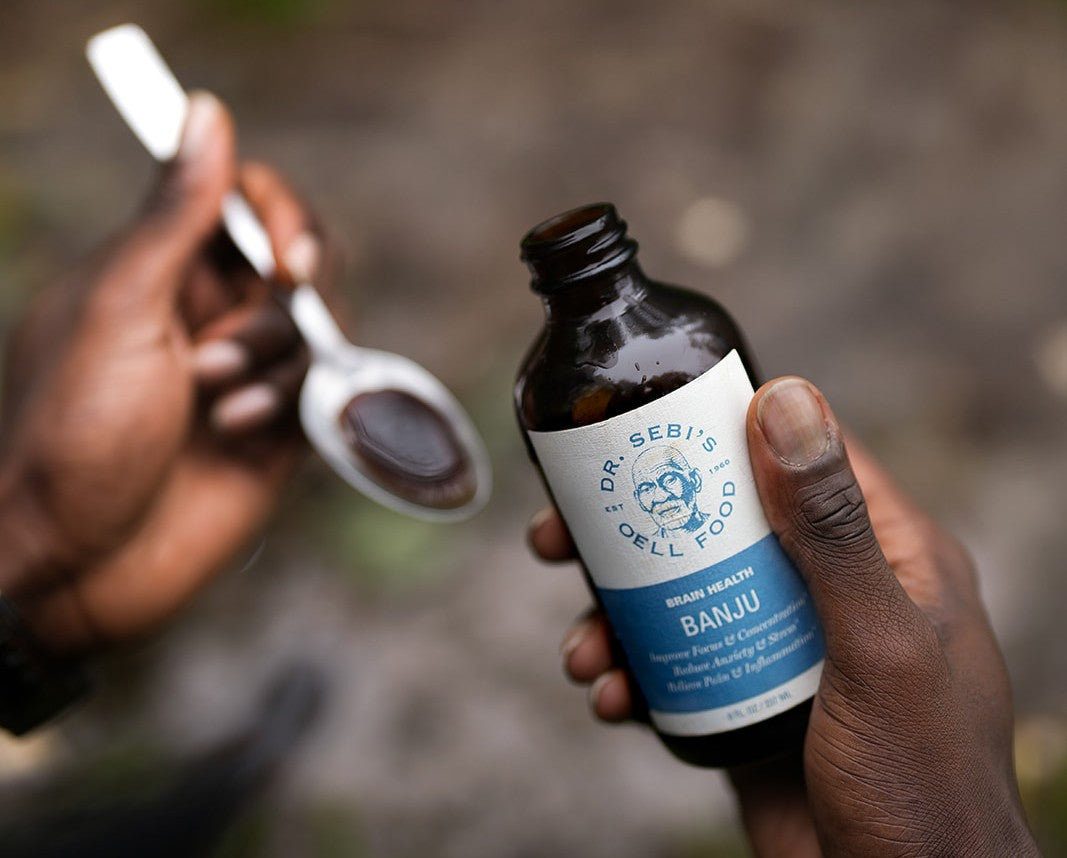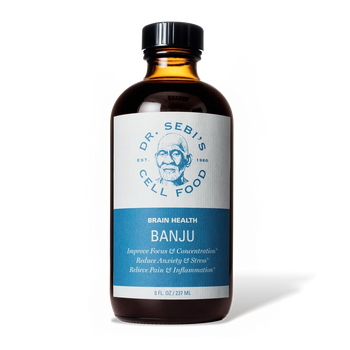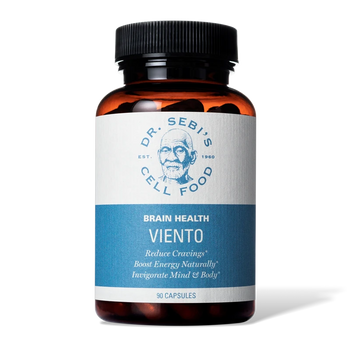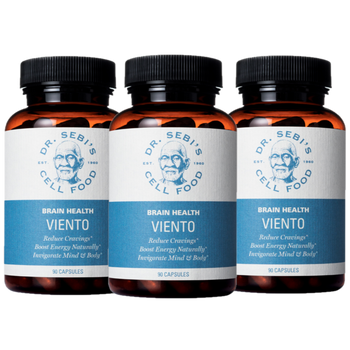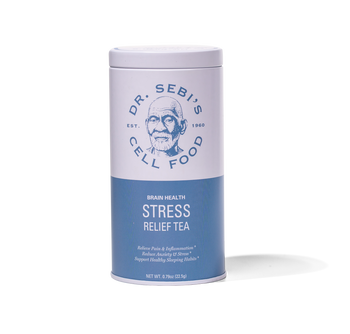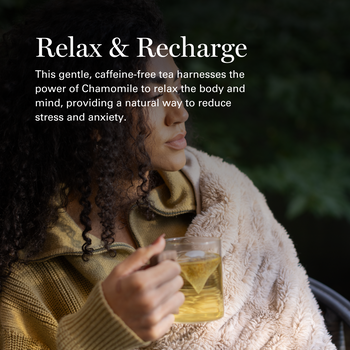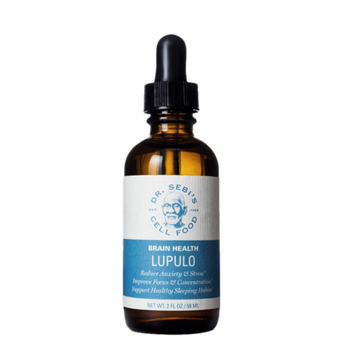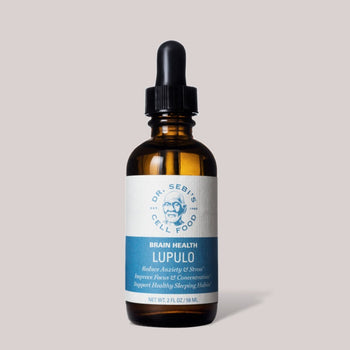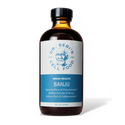In a world that moves too fast, rest has become a luxury. Many people struggle to fall asleep, stay asleep, or don't wake up feeling restored—despite trying every trick and supplement available. But deep, natural rest doesn’t come from sedatives or melatonin; it comes from harmony.
Dr. Sebi often reminded his followers that true rest is electrical balance. When the body is acidic, the nerves stay overstimulated, the brain stays busy, and sleep becomes fragmented. But when the blood is alkaline and mineralized, the nervous system calms naturally—allowing the body to enter its deepest repair cycles. Sleep is necessary for healing.
This article explores how stress, diet, and modern habits disrupt sleep, and which alkaline herbs support natural relaxation, deeper sleep, and emotional balance—without dependency or side effects.
Why Sleep Matters for Healing
Sleep is not passive—it’s the body’s primary form of maintenance. During deep sleep:
-
Cells detoxify and regenerate.
-
Hormones balance (especially growth hormone and melatonin).
-
The brain flushes metabolic waste.
-
The immune system restores strength.
Lack of rest leads to inflammation, brain fog, cravings, and poor mood regulation. Over time, chronic sleep loss weakens the nervous and endocrine systems, making it harder for the body to stay alkaline.
As Dr. Sebi emphasized: “You cannot heal if you do not rest.”
The Acid-Stress-Sleep Cycle
Modern stress and acidic diets feed each other in a vicious loop:
-
Acidic foods (coffee, dairy, processed sugar, alcohol) overstimulate the nervous system.
-
The body releases cortisol and adrenaline to cope.
-
Cortisol disrupts melatonin production and delays sleep onset.
-
Poor sleep further acidifies the blood, creating more stress.
The alkaline lifestyle breaks this cycle. By restoring mineral balance and calming the nerves through herbs and whole foods, the body can shift from “fight or flight” into deep restoration.
Understanding the Nervous System Through the Alkaline Lens
The nervous system is electrical—it communicates through ions of calcium, sodium, magnesium, and potassium. When these minerals are depleted, nerves misfire, and tension or anxiety develops.
An alkaline diet replenishes these minerals, restoring smooth nerve transmission and calm. Herbs that nourish and relax the nerves are called nervines. Dr. Sebi’s nutritional philosophy includes several of these herbs, each with unique effects on stress and sleep.
Top Alkaline Herbs for Sleep and Relaxation
1. Tila (Linden Flower)
Traditional Use: A gentle nerve relaxant used across Europe and Latin America.
Benefits:
-
Calms anxiety and nervous tension.
-
Eases muscle spasms and racing thoughts.
-
Promotes restful sleep without grogginess.
How to Use: Steep 1 tablespoon of dried linden flowers in hot spring water for 10 minutes. Drink before bed.
Why It Works: Contains natural flavonoids that act on the parasympathetic nervous system, encouraging the “rest and digest” response.
2. Chamomile
Traditional Use: One of the world’s oldest sleep remedies.
Benefits:
-
Soothes digestion and relaxes muscles.
-
Reduces anxiety and irritability.
-
Supports deep, gentle sleep.
How to Use: Drink a cup 30 minutes before bedtime. Combine with tila for a stronger calming blend.
Why It Works: Contains apigenin, a plant compound that binds to GABA receptors in the brain—the same pathways that promote tranquility.
3. Valerian Root (used sparingly)
Valerian is an ancient herb that supports the transition to sleep. It's mainly found in our Brain Health products, like Banju or Viento.
Benefits:
-
Reduces restlessness and insomnia.
-
Helps the body unwind from overstimulation.
Use: As a tea or tincture. Start with small doses (¼–½ teaspoon of root powder).
Why It Works: Valerenic acid increases GABA levels, calming the central nervous system.
4. Blue Vervain
A powerful nervine that balances emotional and physical stress.
Benefits:
-
Relaxes tight neck, shoulder, and jaw muscles.
-
Calms anxious thought patterns.
-
Aids recovery from emotional exhaustion.
How to Use: Brew 1 tsp dried herb per cup of hot water; steep 10 minutes.
5. Burdock Root
Though known for detox, burdock also stabilizes the nervous system.
Benefits:
-
Cleanses the blood to remove metabolic waste that can overstimulate the brain.
-
Provides magnesium and iron to improve nerve conductivity.
How to Use: A daytime tonic tea that supports nighttime calm.
6. Sea Moss
A foundational mineral source for nerve and gland health.
Benefits:
-
Rich in potassium and magnesium, both critical for nerve relaxation.
-
Balances thyroid and adrenal glands that regulate sleep cycles.
How to use: Blend 1–2 Tbsp gel into smoothies or warm teas.
How These Herbs Work Together
A powerful sleep tonic can be made by combining herbs that relax muscles (tila, chamomile), calm the mind (vervain, blue vervain), and replenish minerals (sea moss, burdock).
Example Nighttime Tea Blend:
-
1 tsp chamomile
-
1 tsp tila (linden flower)
-
½ tsp blue vervain
-
Optional: 1 tsp sea moss gel stirred in after steeping
This combination eases tension while providing the minerals needed for deep restoration.
Evening Rituals That Support Alkaline Sleep
-
Disconnect Early – Screens and bright lights suppress melatonin. Dim lights an hour before bed.
-
Hydrate with Spring Water – Dehydration stresses the body and keeps cortisol high.
-
Eat Light in the Evening – Heavy meals before bed slow digestion and raise acidity. Favor steamed greens or squash.
-
Breathe Consciously – Deep nasal breathing alkalizes the blood and relaxes nerves.
-
Sip Herbal Tea Slowly – Let the warmth itself become part of the ritual of slowing down.
Sample Alkaline Evening Routine
6 PM – Dinner
-
Light plate: amaranth greens with avocado and lime, wild rice, and squash.
7 PM – Unwind
-
Chamomile-tila tea.
-
Gentle stretching or meditation.
8 PM – Digital Detox
-
Turn off screens. Burn a little sage or light a candle.
9 PM – Herbal Support
-
Second cup of tea or sea-moss-infused warm water.
10 PM – Rest
-
Deep breathing for two minutes, then lights out.
Within a week of consistency, many people notice longer sleep duration, fewer nighttime wake-ups, and calmer mornings.
The Role of Minerals in Deep Sleep
Dr. Sebi emphasized that mineral balance determines nerve balance.
|
Mineral |
Function in Sleep |
Alkaline Sources |
|
Magnesium |
Relaxes muscles and reduces stress hormones |
Sea moss, kale, amaranth greens |
|
Potassium |
Balances nervous impulses and heartbeat |
Avocado, watercress, cucumber |
|
Calcium |
Assists melatonin production |
Sesame seeds, leafy greens |
|
Iron |
Ensures oxygen flow to the brain |
Burdock, dandelion, amaranth greens |
When these minerals are abundant, the nervous system no longer fires erratically, and deep rest follows.
Emotional Rest: The Forgotten Ingredient
True rest isn’t only physical—it’s emotional. Many people can’t sleep because they never “power down” mentally. Herbal nervines like chamomile and tila don’t just sedate—they soothe. They remind the body it’s safe.
Dr. Sebi believed peace of mind is part of healing. He taught that when the body is alkaline, the mind quiets naturally because inflammation, tension, and chemical agitation disappear. Herbal tea, quiet breathing, and gratitude before bed are simple yet powerful ways to bring that peace back.
FAQs
Q: Can I take these herbs daily?
A: Yes. All listed herbs are gentle and safe for daily or nightly use. Rotate blends to avoid adaptation.
Q: Will they make me drowsy during the day?
A: Unlike sedatives, these herbs calm without impairing alertness, but it's best to test what suits your schedule best.
Q: Can I combine several herbs?
A: Absolutely. Combining herbs creates synergy—each enhances the other’s calming effect.
Q: How long until I feel results?
A: Most people notice improved sleep quality within a few days, though deeper balance may take a few weeks of consistency.
Q: Are they safe with medications?
A: Generally yes, but consult a health professional if taking prescriptions, especially sedatives or antidepressants.
Dr. Sebi’s Perspective on Rest and Relaxation
Dr. Sebi viewed sleep not merely as rest, but as the time the body recharges its electrical system. He discouraged stimulants such as caffeine, refined sugar, and processed foods because they short-circuit this system, keeping nerves in constant agitation.
He recommended calming herbs like tila, chamomile, and valerian to reset the nervous system and return the body to its natural rhythm. By choosing foods and herbs that foster peace, we create the internal chemistry for true rejuvenation.
Conclusion
Healing happens in rest. The body cannot rebuild or detoxify while under tension. Instead of reaching for quick fixes, we can turn to the same plant allies that generations before us used to restore calm: tila, chamomile, burdock, blue vervain, and sea moss.
By combining these herbs with simple evening rituals, clean hydration, and alkaline foods, you can transform restlessness into deep, restorative sleep—naturally.
